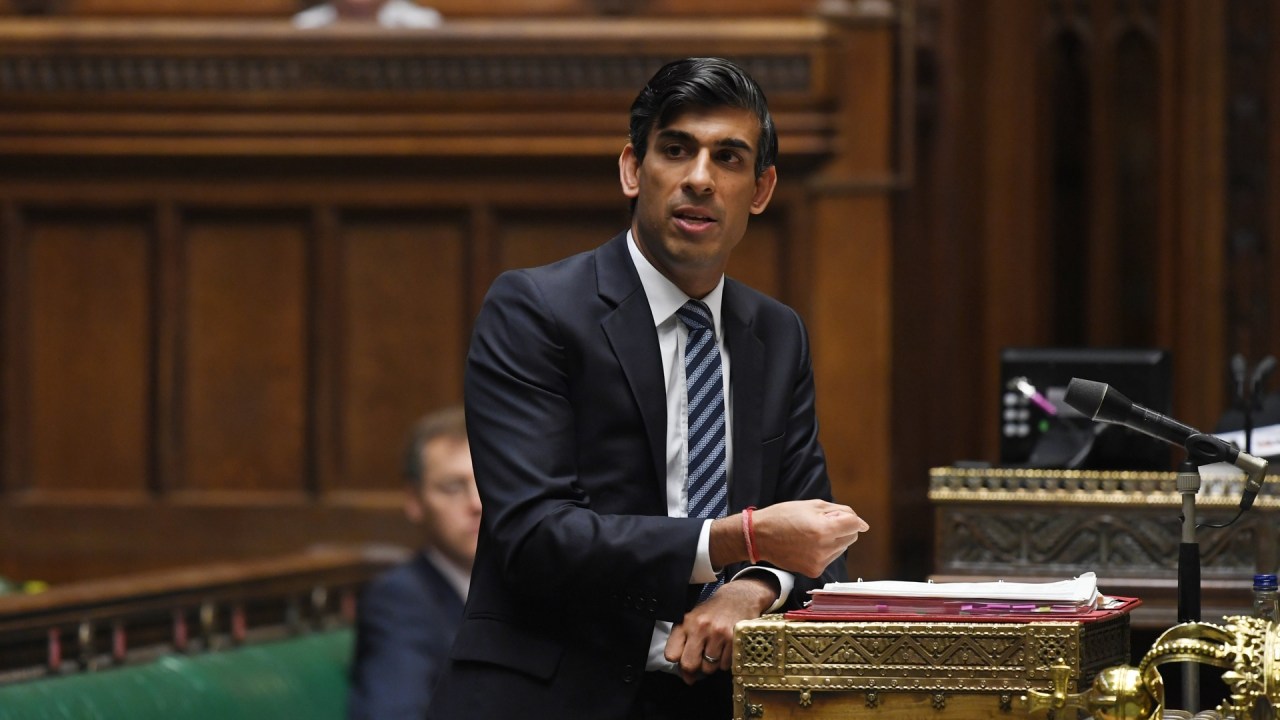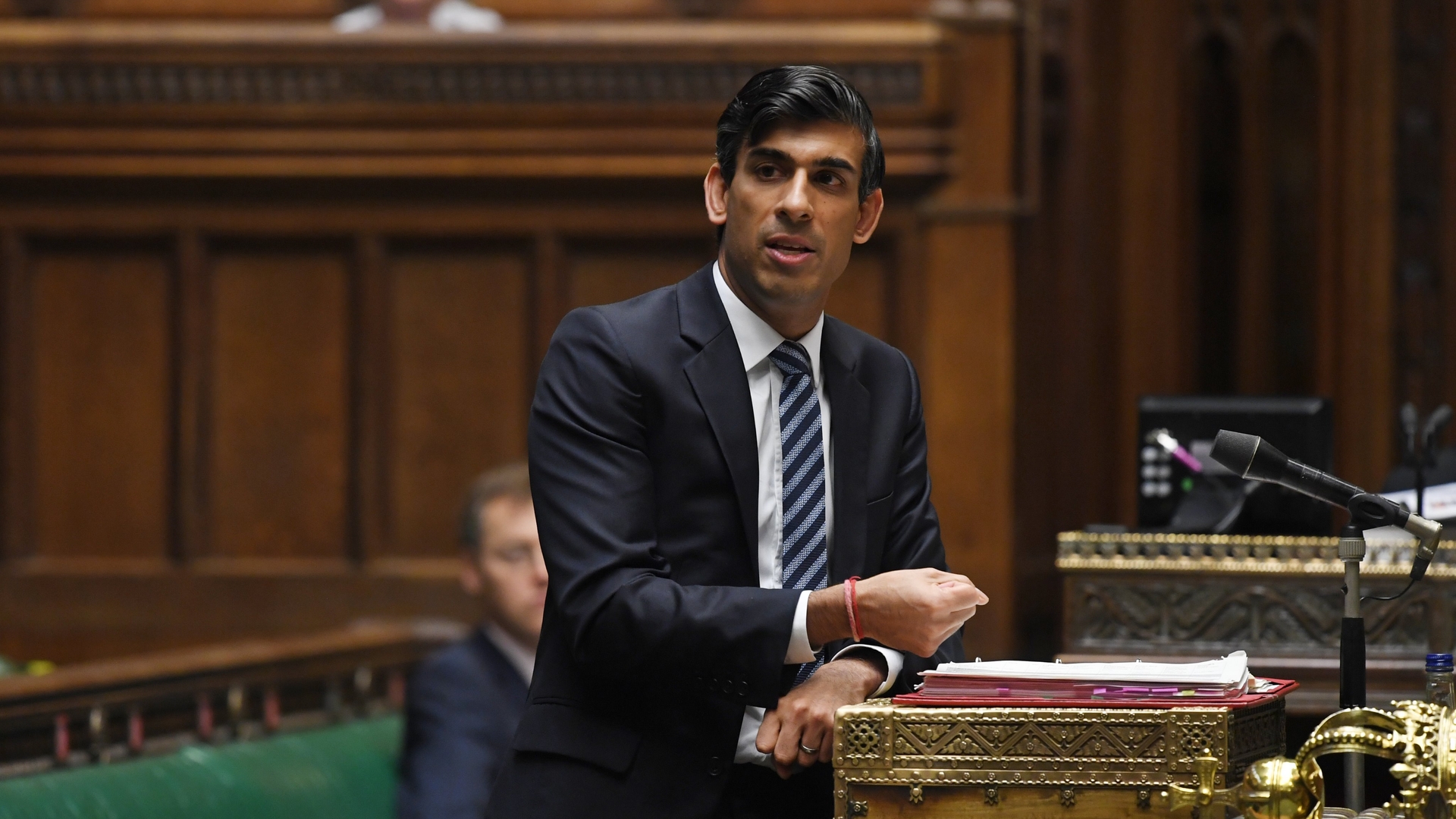The government has won its vote on cutting international development spending from 0.7 per cent to 0.5 per cent of GDP. 333 MPs voted for the motion, with 290 MPs voting against.
The debate on the cut featured a number of politely furious arguments from Tory rebels, from Andrew Mitchell, who spoke of ‘the Chancellor’s silver tongue’ in trying to whittle down the numbers with a compromise, to David Davis, who called the cut ‘morally reprehensible’. Others, like Stephen Crabb, recalled the strenuous efforts that had gone into creating the target in the first place, telling colleagues that 0.7 per cent was still the right target to have.
There were two striking things about this debate and the vote. The first was that of the 70-odd speakers, not many of them were eager new MPs, who tend to turn up to debate to speak supportively of the government whenever the whips ask them. This undoubtedly made the quality of the discussion much better, because the majority of speakers had thought through their arguments. Perhaps, though, this was also a sign that the whips weren’t unduly panicked about this vote.
The second was that we got a glimpse of the kind of Chancellor Rishi Sunak plans to be now he is having to move from giving to taking away. It is quite easy to sound nice and friendly and be popular when announcing enormous spending pots visible from space. Less so when you end up being accused by colleagues of taking decisions that will cause more of the poorest people in the world to die. This is why usually chancellors create slightly aloof, almost menacing personas in order to deal with the endless complaints from their colleagues about spending cuts and tax rises. George Osborne, for instance, found that his tough public image made him too unpopular to contemplate running for the Conservative leadership, and ended up having a haircut, going on a diet and generally trying to seem a bit more human. But it was necessary for him to cultivate that image in the first place because he was announcing a programme of austerity, and to do so when you’re a cuddly, clubbable sort doesn’t really work.
Today we got a glimpse of the kind of Chancellor Rishi Sunak plans to be
Today Sunak not only went to great lengths to praise the ‘conscience’ of colleagues who would vote differently when he did his wind-up speech, but he also gave a statement after the result praising them once again, and arguing that ‘today’s vote has made that commitment [to the 0.7 per cent] more secure’. He did point out that it wasn’t true that ‘this is the only difficult thing that we are doing’, and listed other difficult decisions that he has made in recent months. There will be many more awkward and unpopular choices that he has to make in the coming months that will draw even more ire from his colleagues, but Sunak seems to think he can charm his way through these tricky times, rather than try to scare colleagues as many of his predecessors have done. It’s an unusual approach.








Comments